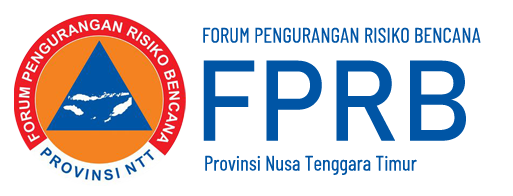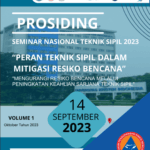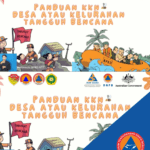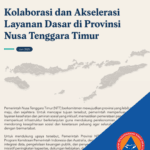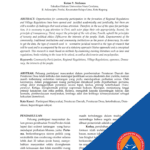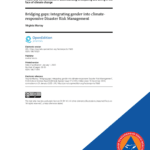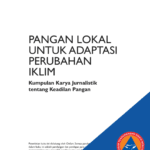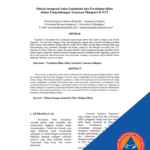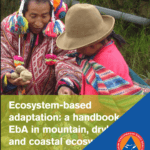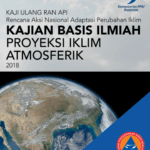An Overview of Disaster Resilience

Deskripsi:
This article provides a comprehensive overview of the concept of disaster resilience in a global context that is increasingly shaped by the rising frequency and impact of both natural and human-induced disasters. Disaster resilience is understood as the capacity of individuals, communities, institutions, and socio-economic systems to anticipate, absorb, adapt to, and recover from the effects of disasters quickly and effectively.
Through an examination of key international policy frameworks—such as the Sendai Framework for Disaster Risk Reduction, Hyogo Framework for Action, Paris Agreement, and the Sustainable Development Goals (SDGs)—the article emphasizes that building resilience is not merely a reactive strategy but a core component of sustainable development. The author also highlights the importance of multi-sectoral efforts, including risk-based planning, early warning systems, environmental protection, and social investment, as essential strategies for enhancing the capacity of communities to face future disaster risks.
